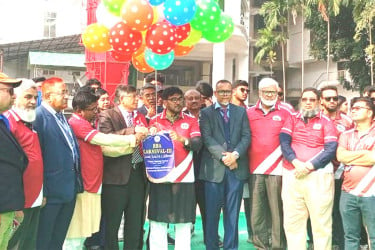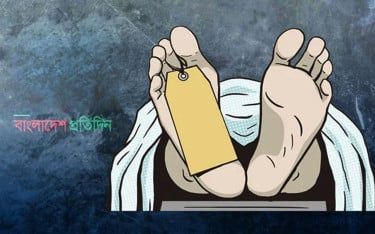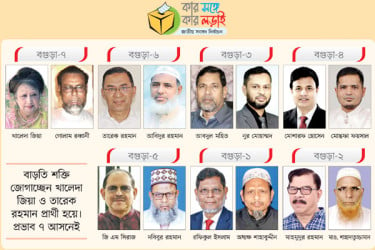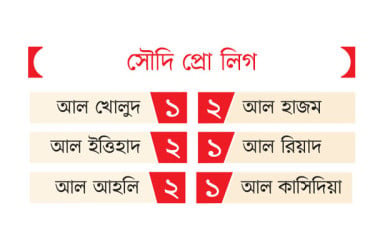Part-A
Read the text and answer the questions below it.
The word ÔhygieneÕ means the practice of keeping ourselves clean. It also means to keep our home and work place clean. It is important for our good health. ÔHygieneÕ is thought to be next to the godliness. It is because we cannot achieve anything physically, mentally or spiritually if we are unclean in our body, mind and soul. Nobody likes an unclean man either. So we must follow the rules of hygiene.
First, we must keep our body clean. We should have a bath everyday and wash our hair regularly. This will keep the body and hair free from dirt and bacteria.
Secondly, we should wash our clothes regularly. Dirty clothes give off bad smell and invite germs. We should wear socks and shoes when we go out to protect our feet from our germs and dirt. It is also important to wash our hands before meals and after using the toilet. We should brush our teeth twice a day, after breakfast and supper. We must also cut our nails regularly. Our drinking water must be safe. We can get safe water by boiling and filtering.
Finally, we should keep our surroundings and environment clean.
If we do and follow all the above things properly, we will be able to lead a happy and healthy life.
1. Guess the meaning of the following words used in the text above. 0.5×10=5
i) The similar meaning of the word ÔfollowÕ is — .
a) reject b) avoid c) abide by d) detach
ii) The similar meaning of the word Ôgive offÕ is — .
a) keep b) contain c) retain d) emit
iii) Which of the following word is the example of hygiene?
a) to take bath in a dirty pond
b) to keep hair uncombed
c) to wear shoe d) to keep our room dirty
iv) An unclean person cannot — anything spiritually.
a) give b) gain c) say d) learn
v) We — to keep our body clean.
a) bath b) bathe c) sleep d) take exercise
2. Give short answer to the following questions. 2×5=10
a) What does hygiene mean?
b) How is an unclean person treated?
c) How can we lead a happy and healthy life?
d) Why should we keep our surroundings and environment clean?
e) When should we brush our teeth?
3. Read the following text and fill in the gaps with appropriate words to make it a meaningful one. 1×5=5
(a) — is termed as the practice of maintaining (b) — physique. It is essential to know to (c) —-good health. So, the rules of good health are to be (d) — (e) — .
Part-B
Rabindranath Tagore is one of the greatest poets of Bangla Literature. Bengali culture and literature is unthinkable without the presence of this personality. He travelled all the branches of fine art equally and successfully. Rabindranath was born on 7 May 1861 at Jorasanko, Kolkata, India. TagoreÕs childhood days were mostly confined to the family estate under the watchful eyes of the servants. He lost his mother when he was only thirteen. At the age of twenty two on 9 December 1983, Tagore married Mrinalini. He received Noble prize in 1913 for Gitanjali and introduced Bangalees to the rest of the world. In 1915, he was bestowed a Knighthood by the British. Rabindranath Tagore died in 1941 at the age of eighty. With remember him with great respect.
4. Complete the following table with the information given in the passage. 1×5=5
5. Read the passage again and write True False beside the following statements. Give correct answers for the false statement. 1×5=5
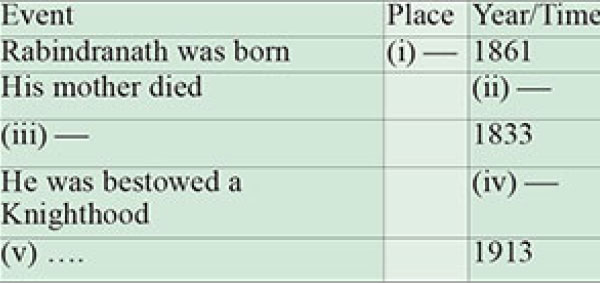
a) RabindranathÕs childhood was carefree.
b) His mother died when he was twelve.
c) He enriched our Bengali literature.
d) He was awarded Nobel Prize in 1923.
e) He passed away in 1934.
6. Fill in the gaps of the following passage with an appropriate word. 1×5=5
An honest man is true to (a) — words. He does not (b) — from the path of honesty. He knows that (c) — consists in honesty. He does not (d) — victim to any greed. He has no (e) — for anything.
7. Fill in the gaps using clues from the boxes. There are more words than necessary. 1×5=5
Happiness is a relative (a) —. A person with a (b) —, living in a place (c) — not

be happy, whereas (d) — day laborer may find (e) — living in a shabby (f) —. Again, happiness varies from (g) — to person. A beggar (h) — be happy finding a (i) —. A businessman may be (j) — getting millions of money. Complete happiness or peace of mind is a blessing of God. [চলবে]











